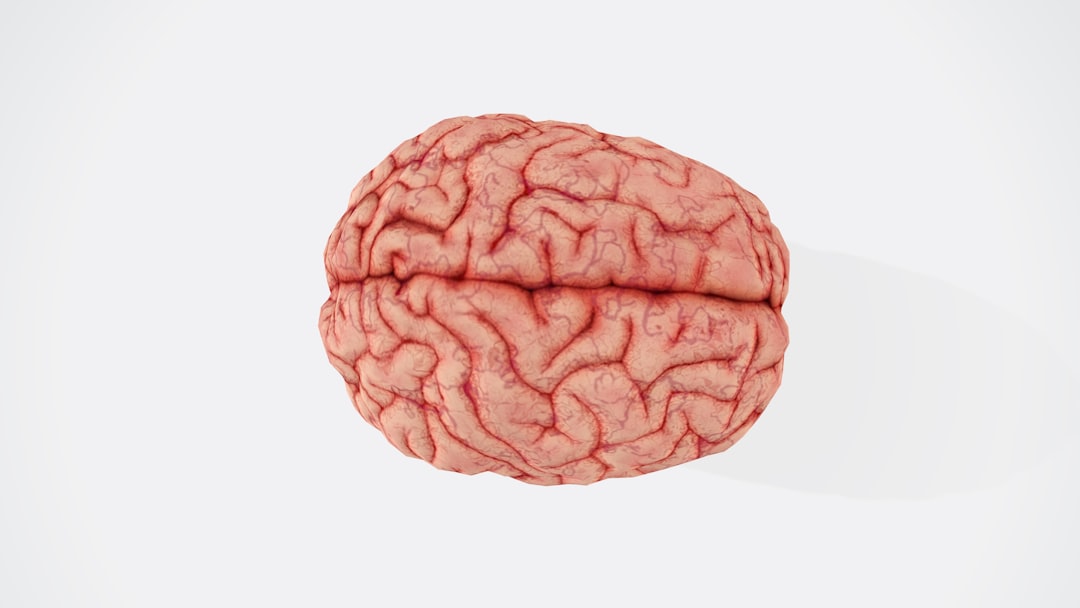
What did you have for breakfast yesterday? What about dinner last Thursday? Is it easy to remember?
Can you simply sit down and focus on a piece of work, or are you constantly distracted?
And what were you doing right before you started reading this? Did you open your inbox for something else… and now here we are?
In this age of distraction, most of us would like to improve our memory, focus and concentration. So brain health has become big business. There’s a world of nootropics and adaptogen supplements out there, promising to give your brain a boost. But don’t be dazzled by sciencey words - most of us already have a nootropic every day with our morning coffee, because caffeine is one of them.
I personally have a keen interest in this because, since chemo frazzled every cell in my body and brought on early menopause, my brain doesn’t seem to have recover…
Keep reading with a 7-day free trial
Subscribe to Well Well Well with Rosamund Dean to keep reading this post and get 7 days of free access to the full post archives.



